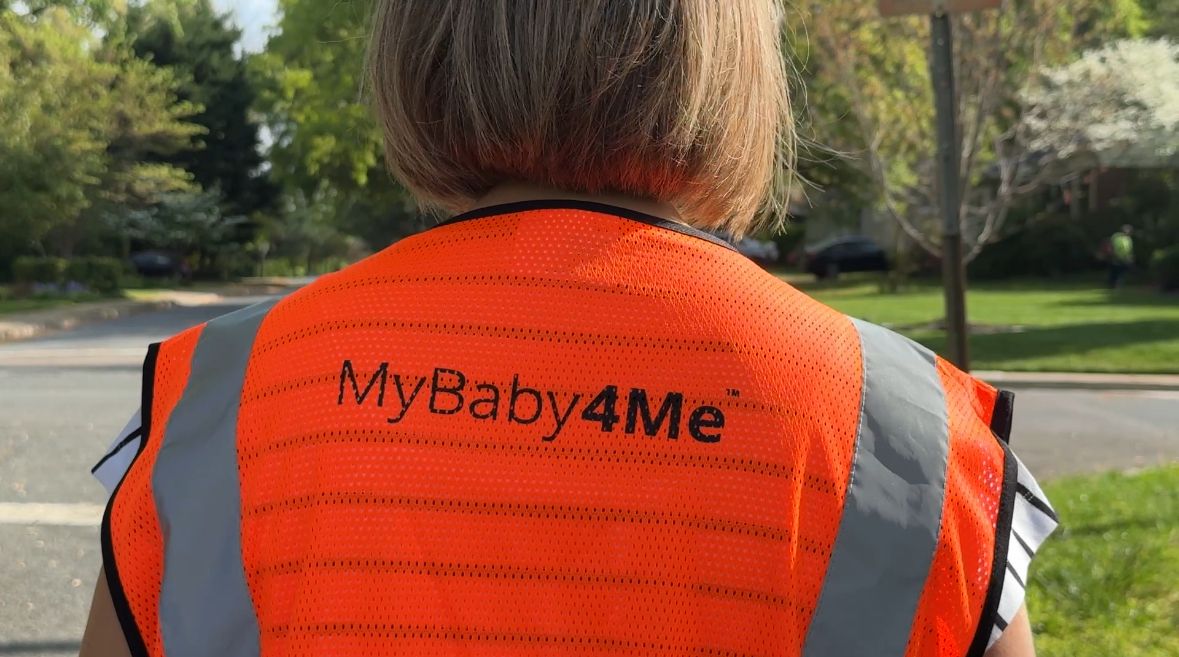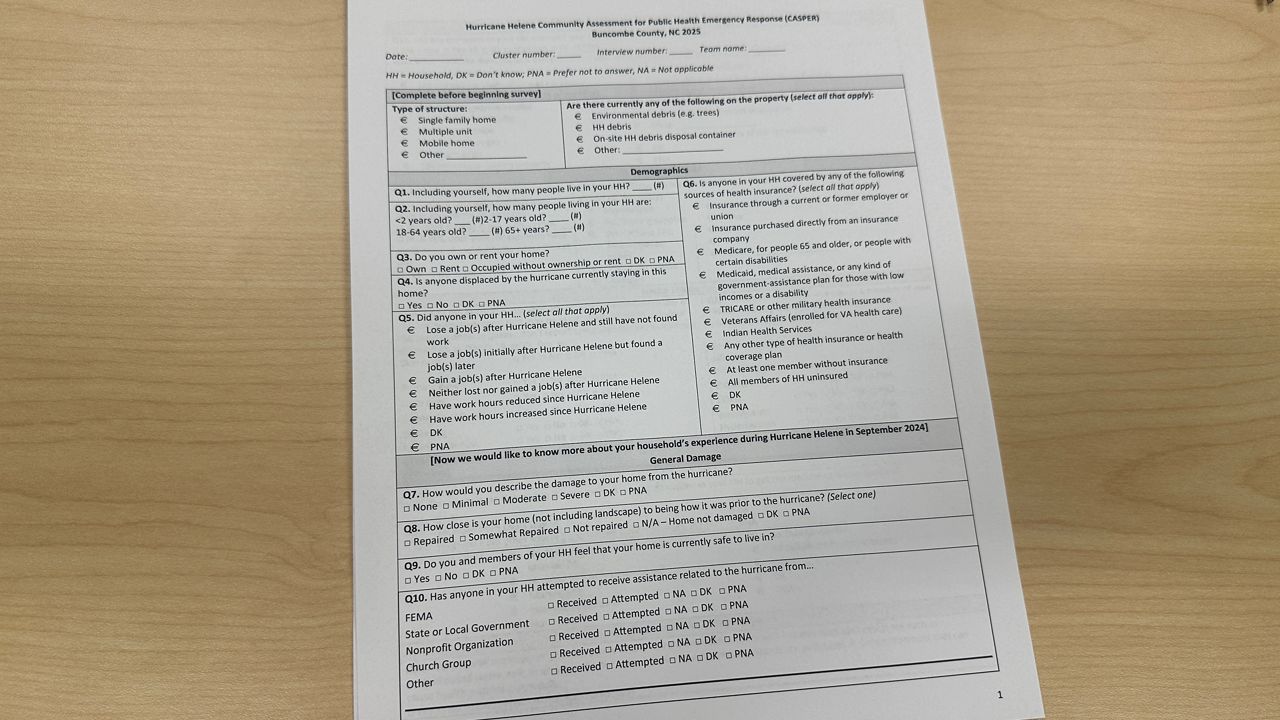CHARLOTTE, N.C. – New anti-rioting legislation is in effect in North Carolina. Supporters of the law say it aims to maintain law and order, by quelling violent protests. But those against it say it threatens peaceful demonstrations.
Spectrum News 1 is looking at some of the top issues for voters ahead of the March 5 primary elections.
The law contains higher criminal punishments, creates new crimes for protesters who cause death, or incite a riot that contributes to one, and allows business owners to get money from people who damage property.
Civil rights advocate Kristie Puckett was among those marching the streets across North Carolina against racial injustice and police brutality after the death of George Floyd in 2020.
In some instances, what started as peaceful protests turned violent.
In 2023, Spectrum News 1 spoke with Michael Ruiz, whose pub was one of many businesses in downtown Raleigh that was heavily damaged from looting.
“It wasn’t simply about the physical damage that was done or stuff that was lost,” Ruiz said. “It’s the confidence people had down here.”
The 2020 protests inspired state lawmakers to pass the ‘Anti-Rioting’ law that went into effect in December 2023.
A pending lawsuit from the ACLU of North Carolina is suing to block enforcement of the law arguing the state’s definition of a "riot" is too vague. But supporters of the law say it’s a necessary deterrent and should be defended by the state’s Attorney General.
For voters like Puckett, she says she wants her right to free speech to be top of mind for the next Attorney General.
“I would want them to think deeply about what democracy means, what does it look like, and how do we maintain it?” Puckett said.
Representative Dan Bishop, the sole Republican on the ballot for North Carolina Attorney General, explained how he would instruct District Attorneys across the state on enforcing the anti-riot bill if he’s elected.
“I’ll be doing everything I can see to it when DAs are taking the appropriate actions that they’re commended for it and supported in doing it,” Bishop said. “And if they don’t, I’ll be calling that out.”
Democrats mostly opposed the bill in the General Assembly. Gov. Roy Cooper did not sign the bill, opting to allow it to become law without his signature.
Durham District Attorney Satana Deberry, one of the top Democratic candidates for state Attorney General, is named as a defendant in the ACLU lawsuit. She has said she would not use the law to prosecute people exercising their right to protest, but people would be held accountable if someone got hurt.
U.S. Rep. Jeff Jackson, another leading candidate for the Democratic nomination for Attorney General, voted against a similar bill in 2021 when he was a North Carolina State Senator.










